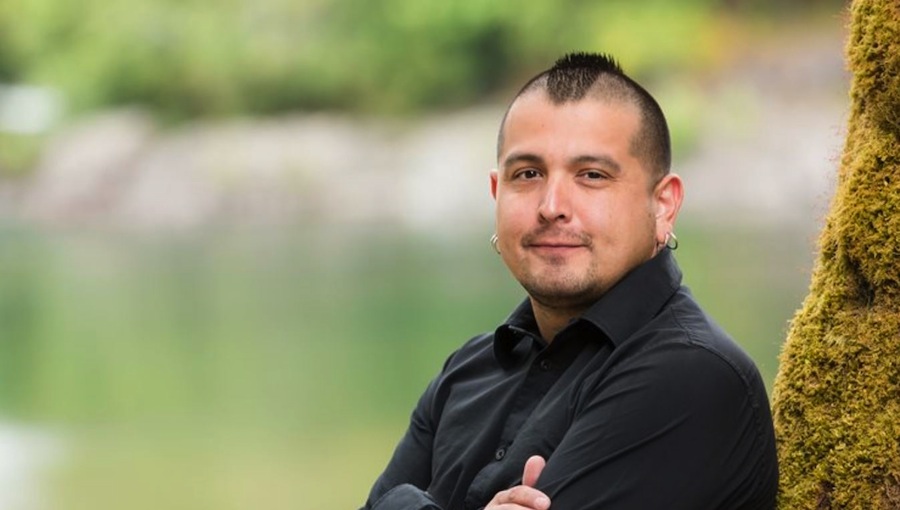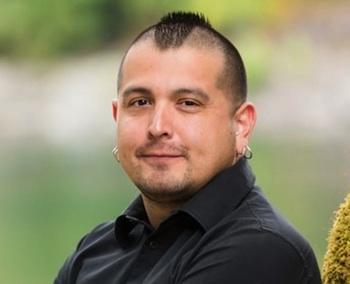Image Caption
“Canada must stop speaking with three different voices,” said Ken Watts, vice-president of the Nuu-chah-nulth Tribal Council.
“The voice of the Prime Minister and his ministers, the voice of the DFO bureaucracy, and the voice of government lawyers currently in court are delivering three different messages,” he said.
An NTC press statement released Sept. 27 said the five Nations that have proven their right to fish and sell fish into the commercial market place are wondering if Prime Minister Justin Trudeau, the Minister of Justice and the Minister of Fisheries have given any new direction to government bureaucrats and lawyers, despite their promises of reconciliation with First Nations groups.
The mandate for federal negotiators, they say, has not changed since the one provided by previous Fisheries Minister Gail Shea and Prime Minister Stephen Harper.
NTC says Canada’s lawyers, arguing in an ongoing justification trial, say that the court-proven right to fish commercially should now be redefined as a “low-level” right.
Yet in a meeting with Fisheries and Oceans on Sept. 23, DFO Regional Director General Rebecca Reid said she was unaware this was the argument now being put before the courts. Further,
That day, the meeting with Reid came to an abrupt halt. She told the chiefs she had nothing new to negotiate and was told not to return to Nuu-chah-nulth territory until she came with a mandate to implement their rights-based fisheries.
Ahousaht, Hesquiaht, Ehattesaht, Mowachaht/Muchalaht and Tla-o-qui-aht First Nations expressed their “deep disappointment” with the failure of the Liberal government to live up to its promise of a new relationship with First Nations, as professed by the Prime Minister and his cabinet on the world stage and to Canada, reads the release.
In stark contrast to the empty promises coming from the new Liberal government, the words and actions from DFO and from Department of Justice lawyers are the very same as those spoken and carried out under the Conservative government of Stephen Harper, it continues.
“When Stephen Harper professed in 2006 that there would be no ‘race-based’ fisheries in Canada, at least he was being up front about his position,” said Autlieyu (Francis Frank), a lead negotiator for the Tla-o-qui-aht First Nation and for four other Nuu-chah-nulth First Nations. “The same cannot be said for Prime Minister Trudeau and his ministers.”
After spending years developing fishing proposals to allow their members to fish, and facing continual rejection by DFO of those proposals, the five Nuu-chah-nulth Nations made the choice to go back to court in March 2015, the release states.
After more than a year in trial, the Nations say they are now witness to the “shocking” final submissions by the Federal government in court.
Trudeau tells the public it’s time for a new relationship that “understands that the constitutionally guaranteed rights of First Nations in Canada are not an inconvenience but rather a sacred obligation.”
Minister of Justice Jody Wilson-Raybould told the United Nations “The challenge moving forward, I submit, is not to fight battles already won, but rather to translate these hard fought-for rights into practical and meaningful benefits on the ground in our [Indigenous] communities.”
In court with DOJ lawyers and in negotiations with DFO, Canada is treating the Nation’s proven fishing rights as an inconvenience that it must restrict and minimize rather than uphold, the nations assert.
“The words of the Prime Minister and his ministers must translate into a mandate to negotiate and legal positions that respect Nuu-chah-nulth Nations and their Aboriginal right,” said Watts. “Canada must have one voice and one course of action aimed at truly respecting First Nations and living up to the goal of reconciliation.”

Ken Watts, Vice-President of the Nuu-chah-nulth Tribal Council

